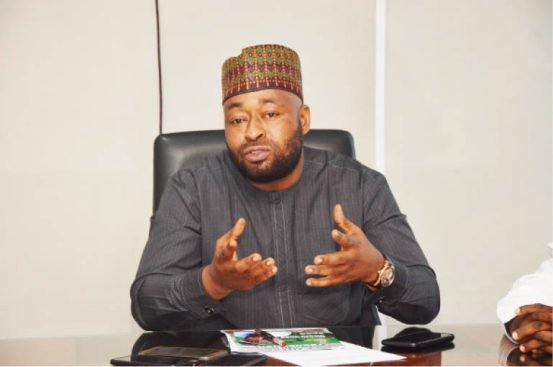The Nigerian office of the International Human Rights Commission has urged President Bola Tinubu to grant a presidential pardon to suspended Deputy Commissioner of Police Abba Kyari in the interests of national security.
The IHRC’s request was contained in a statement released by Duru Hezekiah, the Head of Diplomatic Mission in Nigeria, and made available to journalists in Abuja on Friday.
In the statement, Hezekiah stated that the request for Kyari’s pardon, had become essential due to the country’s escalating level of insecurity, which ranged from terrorism and kidnapping to organised crime and armed banditry.
The commission also advocated for a national discourse to help solidify rising public and stakeholder support for Kyari’s strategic and conditional presidential pardon.
However, the commission confirmed its support for the suspended DCP’s ongoing court procedures.
It underlined that the appeal was not intended to influence court judgements but rather to seek consideration for the country’s strategic national interests, especially if such a step is not practicable during the trial.
“Our position is not to circumvent justice or interfere with legal processes.
“Rather, we urge a future-focused, constitutionally grounded approach that recognises the tactical value of experienced security personnel—if found eligible under the law and subject to public accountability,” the statement read.
While reaffirming its commitment to justice and the rule of law, the IHRC urged that Nigeria consider conditional clemency, citing Section 175 of the 1999 Constitution (as amended), which allows the President to grant pardons and reprieves.
“Globally, there are precedents where convicted individuals with valuable operational expertise have been reintegrated into national service through conditional frameworks—under strict legal and ethical oversight.
“In the United States, law enforcement agencies have regularly offered plea bargains or deferred sentencing in exchange for intelligence or cooperation.
“Former hackers have been recruited by governments to assist in cybersecurity defences.
“In post-conflict African states, ex-warlords have been granted conditional amnesties to enable peace and stability,” it stated.
The IHRC emphasised that such conditional clemency should not be interpreted as forgiveness but rather as a practical tool of national security strategy—particularly when the individual involved possesses proven tactical and intelligence capabilities that, if lawfully and transparently redeployed, could improve national stability.











